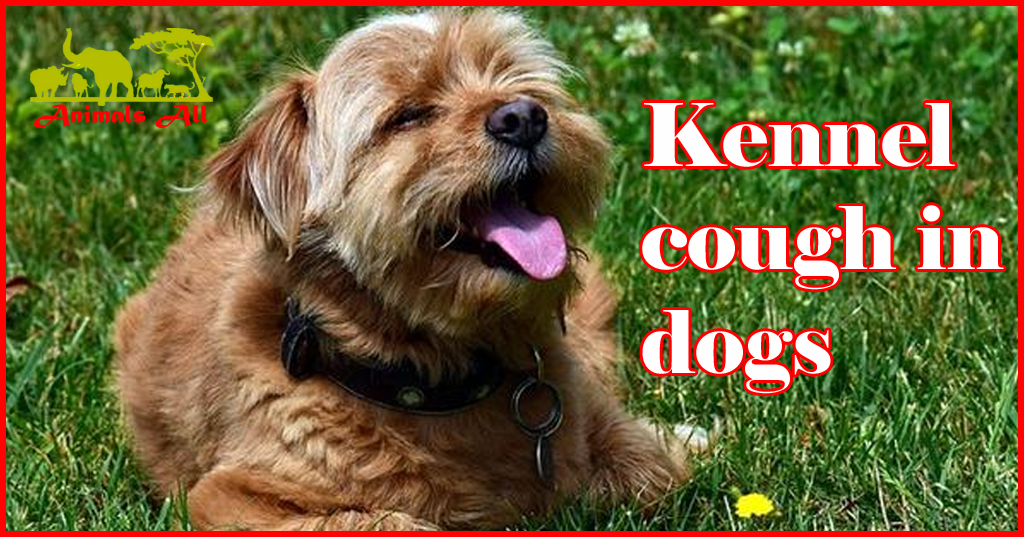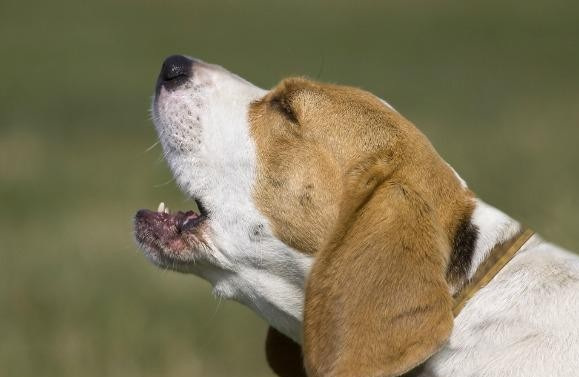
Learn about kennel cough, treatment, a common disease in dogs
Autumn is the peak season for dogs to suffer from kennel cough. Families with dogs should pay special attention to the health of their dogs because it is contagious between dogs. Kennel cough, also known as tracheal and bronchial pneumonia, is caused by single or mixed pathogens such as viruses (adenoviruses, etc.), bacteria (Bordetella), and mycoplasma.
Kennel cough
The Kennel cough is very similar to the cough caused by our colds. When the weather is cold, the indoor ventilation is poor, and the environment is crowded and dirty, dogs are exposed to a variety of pathogens such as bacteria and viruses, causing canine infectious respiratory diseases and thus kennel cough.

1. Early symptoms of kennel cough
1. Paroxysmal cough, which worsens with exercise or temperature changes, is more severe in the morning and evening, and feels like there is something stuck in the throat
2. No significant change in appetite
3. Normal body temperature
2. Late symptoms of kennel cough
1. Frequent and aggravated coughing
2. Loss of appetite and lack of energy
3. Purulent nasal discharge
4. Body temperature rises to 39℃-40℃
Notice:
Kennel cough is highly contagious because when a dog coughs, germs and bacteria hidden in the dog’s lungs and respiratory tract will escape into the air, and then if there are other dogs around, other dogs may breathe in the germs and bacteria in the air, causing infection.
How to prevent kennel cough?
(1) Vaccinate your dog regularly according to regulations
(2) Take good precautions against cold weather and avoid taking your dog out when the temperature difference between indoor and outdoor is too large.
(3) Isolate your dog. In the fall and winter, if your dog has kennel cough, do not take it to places where other dogs gather before it is cure, to prevent it from spreading to other dogs. Similarly, when taking a healthy dog out for a walk, try to avoid places where other dogs gather to reduce close contact and the risk of infection.
(4) Do a good job of disinfection and cleaning the environment. In addition to letting the dog bask in the sun more often, cold, high humidity, and poorly ventilated environments are generally the most likely to induce kennel cough. Disinfect your home regularly to create a clean environment for yourself and your dog.
(5) Feed protein-rich foods and regularly supplement vitamins and trace elements to enhance resistance.
To learn more about pet science, consult professional veterinary doctors, and communicate in the pet owner community, you can search “It’s Planet” on WeChat mini program to learn more!
kennel cough treated
When a dog has cough, the owner should never use large doses of antibiotics. This cough is often cause by a variety of pathogens that cause throat inflammation. It is difficult for ordinary drugs to reach this part, and most antibiotics cannot have an immediate therapeutic effect. On the contrary, excessive use of antibiotics will destroy the dog’s immune barrier and create opportunities for the invasion of viruses.
In terms of daily management, to prevent this cough, the kennel must be keep ventilate, dry, clean and hygienic. Keep warm in winter and frequently use 3% to 5% formalin for spray disinfection. Feed the dog with central cough suppressants, such as codeine phosphate, at a rate of 1 to 2 mg per kilogram of body weight, once every 4 to 8 hours. You can also feed the dog some antiviral oral liquids, such as Shuanghuanglian oral liquid plus snake gall and Fritillaria liquid.
When a dry cough turns into a cough with expectoration, the use of cough suppressants must be stop and expectorants can be use, otherwise exudate will accumulate in the dog’s lower respiratory tract. Nebulizer therapy can improve the dog’s cough symptoms and can be use for 10-14 days. In addition, immunizing dogs with hexavalent vaccines is also a good way to prevent the disease.

